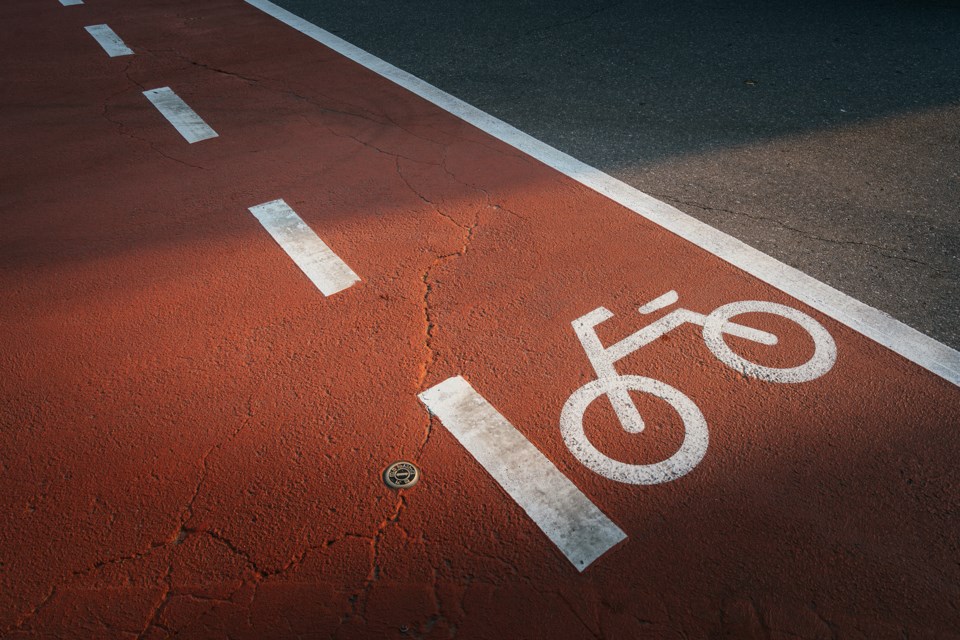Editor:
My family and I moved to Delta in 2019 and we have been living here over the last two years.
We love the community and the 'small-town' feel. In particular, we love that we feel confident biking to school daily with our daughter, who is five-years-old and rides on a trail-a-bike for the eight km roundtrip between school and home.
Riding a bicycle is a great way for kids to develop their spatial awareness, create a mental map of where they live, and learn to live an active lifestyle. Skills that will serve them well later in life. (It's pretty great for adults too!). Our daughter loves her bike rides.
Unfortunately, our commute home on a recent Thursday ended in tears when a car pulled out of a parking lot and hit my daughter. The driver didn't notice us, as she was simply watching cars coming from the opposite direction. She simply pulled out of the parking lot and hit my daughter.
As a parent who could see the accident happening, but had no room to maneuver my daughter out of the way, it was the worst feeling in the world. It is still the worst feeling in the world.
We were lucky. My daughter has a scrape on her knee and her bike is a bit banged up. Most importantly, she didn't die.
I'll repeat that, so that it truly sinks in. I'm grateful that my daughter didn't die when she was hit by a car.
There are larger personal vehicles (e.g., SUVs and pickup trucks) on the road now than at any other point in the past. Most of those vehicles cannot see a child on a bike in front of them; some of them cannot even see me and I am not small. These vehicles require more distance to stop safely than smaller vehicles, and drivers are more distracted now then ever before.
We need separated bike lanes throughout the City of Delta that will protect our most vulnerable road users, like my five-year-old daughter. These separated bike lanes must connect to existing bike lanes (that need upgrading to be separated bike lanes) and be in areas that are useful for connecting homes, schools, and stores. There simply isn't a good reason for inaction (or slow action) and the cost of not having this infrastructure in place is simply too high.
Tara Imlay



